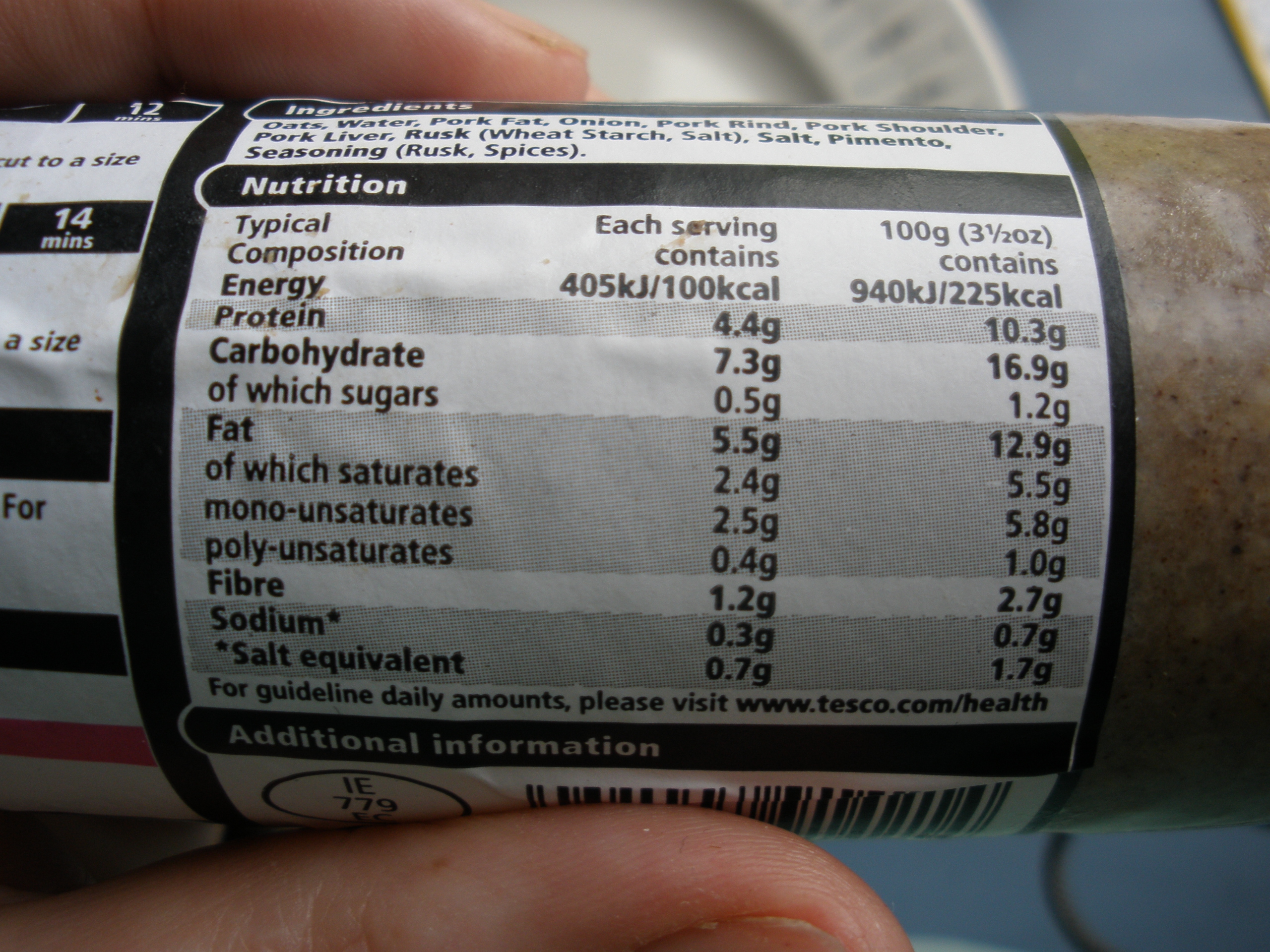Embarking on a journey towards smarter weight management often involves cutting through the noise of fad diets and buzzwords. One term that stands the test of time is “calories.” In this guide, we’ll dive into the human side of calorie understanding, empowering you to make informed choices for sustainable weight management.
The Human Energy Currency
Calories as Energy
Let’s start with the basics – what exactly are calories? In essence, calories serve as the currency of energy for our bodies. They fuel our daily activities, from the simplest tasks to intense workouts. Understanding calories is not about restriction but rather about optimizing the energy balance to support a healthy and active lifestyle.
From Food to Fuel
Every morsel of food we consume provides a certain amount of calories. These calories, once ingested, are converted into energy that our bodies use to function. It’s a dynamic process where the energy we consume must align with the energy we expend for a balanced and sustainable weight management journey.
Caloric Intake and Expenditure
The Balance Equation
Weight management is fundamentally linked to the balance between caloric intake and expenditure. If you consume more calories than your body needs, the excess is stored as fat, leading to weight gain. On the flip side, a caloric deficit, where you burn more calories than you consume, results in weight loss.
The Role of Basal Metabolic Rate (BMR)
Basal Metabolic Rate (BMR) is the amount of energy your body requires at rest to maintain basic physiological functions. It accounts for the calories burned while your body is at rest, such as breathing, circulation, and cell production. Understanding your BMR provides insight into your baseline caloric needs.
Daily Activities and Exercise
In addition to BMR, daily activities and exercise contribute to caloric expenditure. Whether it’s walking, cleaning, or hitting the gym, these activities burn calories. Being mindful of your overall activity level helps tailor your caloric intake to match your lifestyle and weight management goals.
Quality Over Quantity
Nutrient Density
While calories are a crucial metric for weight management, the quality of the calories you consume matters just as much. Nutrient-dense foods provide essential vitamins, minerals, and other nutrients along with calories. Focusing on nutrient-dense choices ensures that your body receives the nourishment it needs for optimal functioning.
Balancing Macronutrients
Calories come from macronutrients – carbohydrates, proteins, and fats. Balancing these macronutrients is vital for overall health and weight management. Each macronutrient plays a unique role in supporting bodily functions, and a well-rounded diet incorporates a balanced mix of all three.
Mindful Eating for Better Caloric Awareness
Listening to Hunger and Fullness
Mindful eating is a powerful tool for better caloric awareness. Tune into your body’s signals of hunger and fullness, and eat in response to these cues. Avoid distractions while eating, savor each bite, and be present during meals to foster a healthy relationship with food.
The Emotional Connection to Eating
Understanding the emotional connection to eating is equally important. Emotional eating, whether in response to stress, boredom, or celebration, can lead to overconsumption. Developing awareness of emotional triggers allows for mindful choices and a more balanced approach to calorie intake.
Customizing Your Caloric Needs
Individual Variations
Recognizing that caloric needs vary from person to person is crucial. Factors such as age, gender, body composition, and activity level influence your unique caloric requirements. Avoid falling into the one-size-fits-all mentality and tailor your approach based on your individual characteristics.
Adjusting for Goals
Whether your goal is weight loss, maintenance, or muscle gain, understanding your caloric needs is key. Create a realistic plan by adjusting your caloric intake to align with your objectives. Consulting with a nutritionist or dietitian can provide personalized guidance tailored to your specific goals.
The Role of Moderation
Avoiding Caloric Extremes
Extremes in caloric intake, whether excessive restriction or overconsumption, can be detrimental to your health and weight management goals. Embracing moderation involves finding a balance that allows for enjoyment of various foods while staying within your caloric needs.
Mindful Indulgences
Enjoying occasional indulgences is a part of a sustainable approach to weight management. Rather than viewing certain foods as off-limits, incorporate them in moderation. This approach fosters a healthy relationship with food, reducing the likelihood of feeling deprived or overwhelmed.
Understanding calories is not about adhering to rigid rules or succumbing to diet culture. It’s about embracing the human side of weight management – the balance between energy intake and expenditure, the quality of the calories consumed, and the individual variations that make each weight management journey unique. By approaching calories with awareness, mindfulness, and a focus on overall well-being, you can navigate a path to smarter and more sustainable weight management. Here’s to a journey filled with nourishment, balance, and a deeper connection with the energy that fuels your vibrant life.
